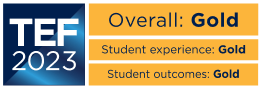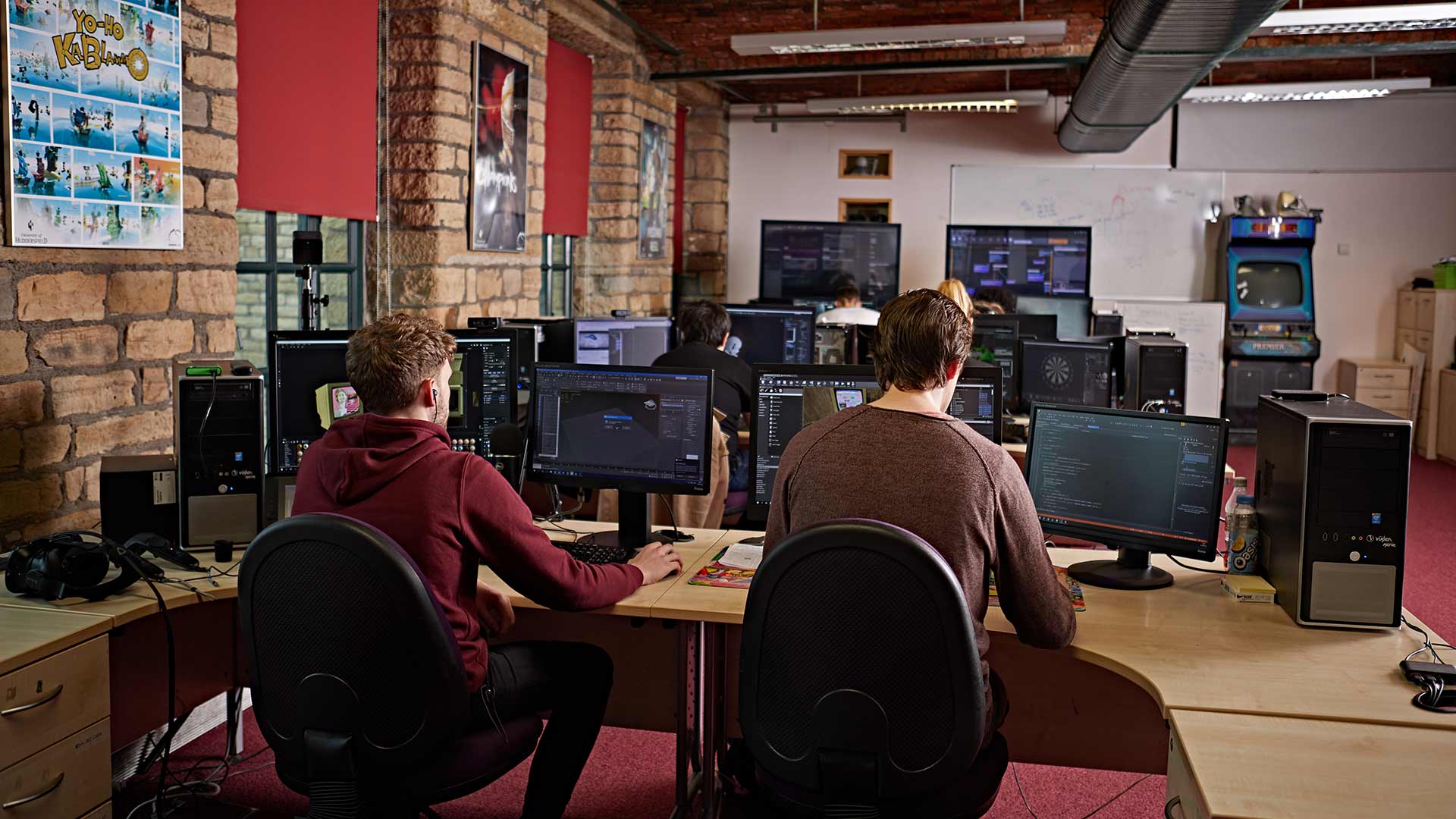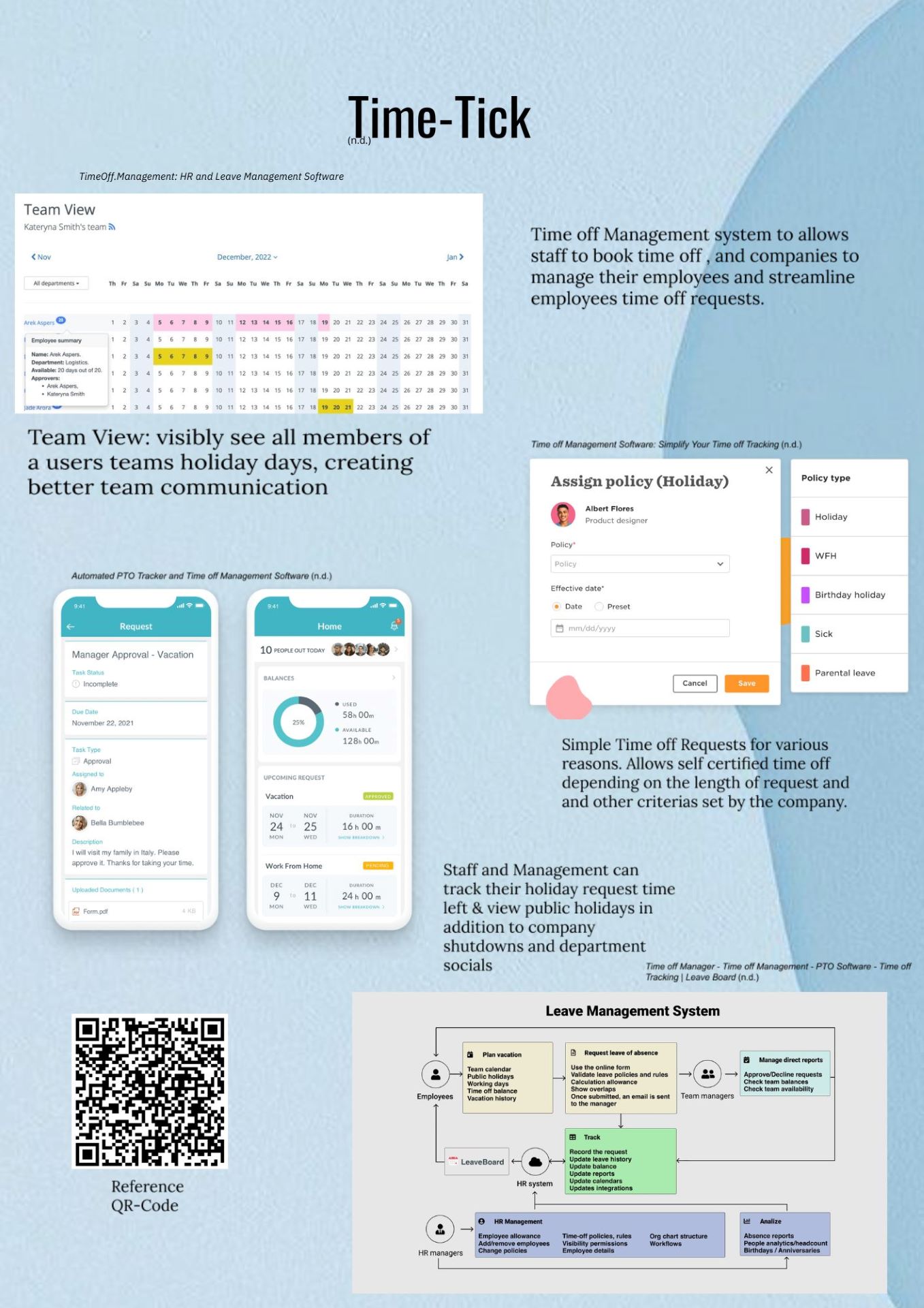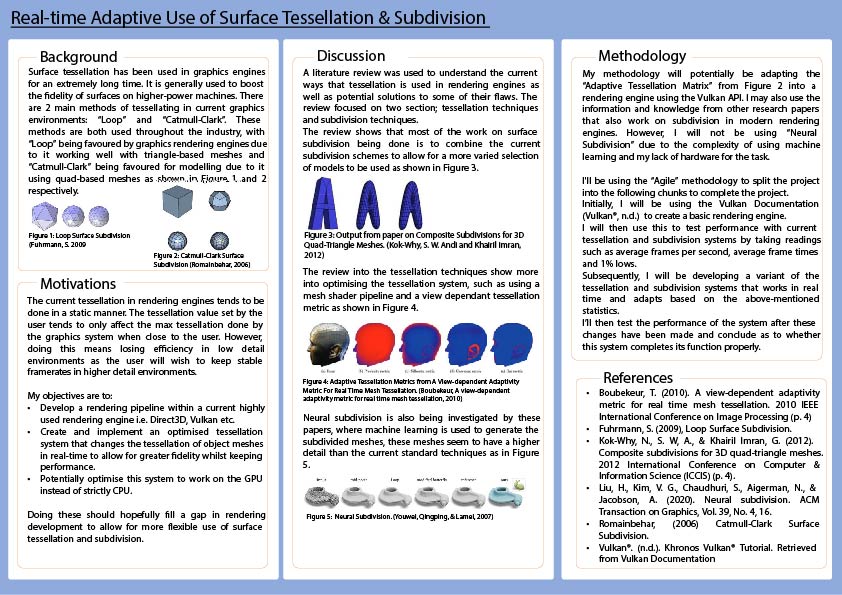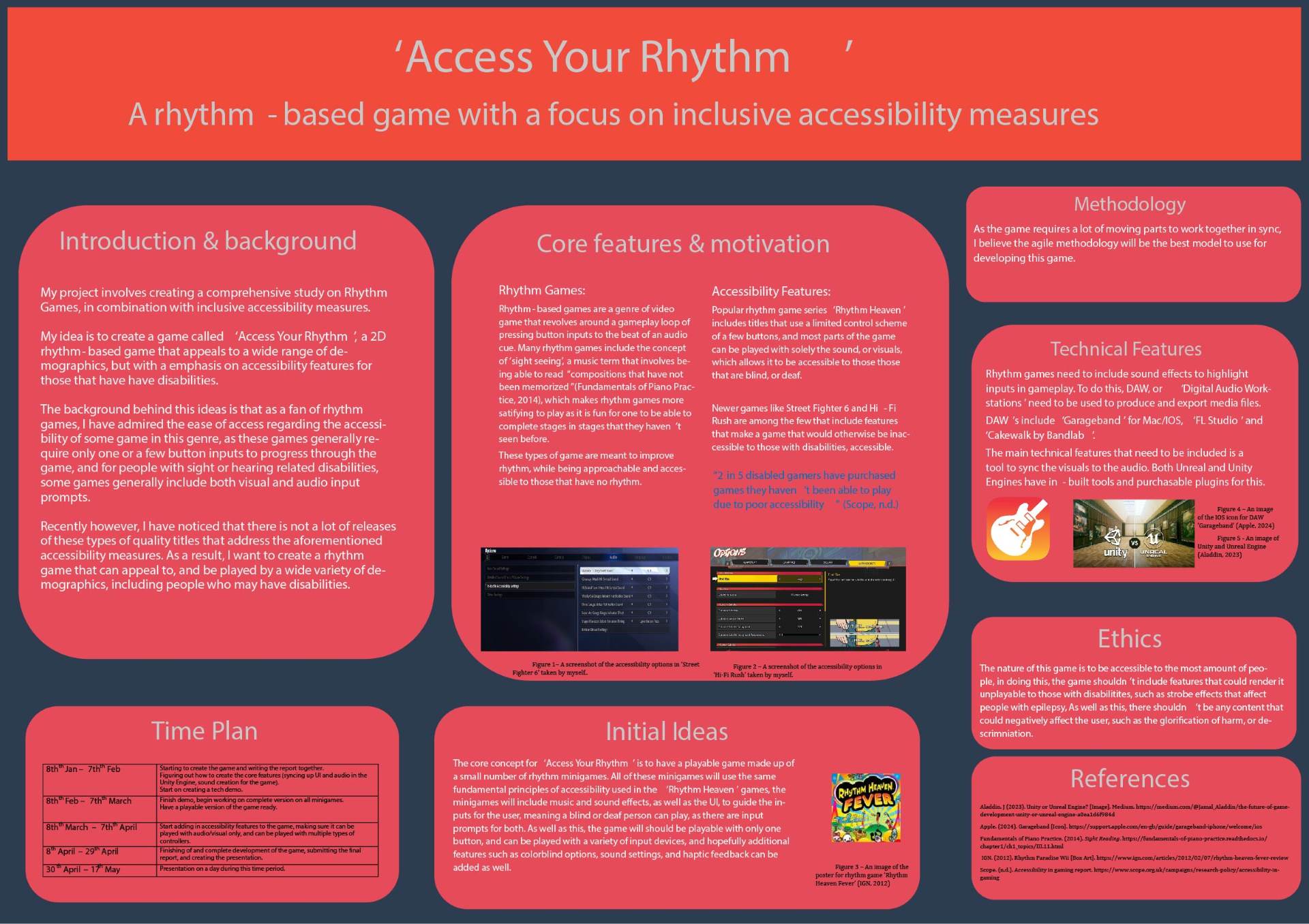Computer Science with Games Programming with Foundation Year BSc(Hons)
Start Dates
21 September 2026
Duration
4 years full-time 5 years inc. placement year
UCAS Tariff
64
Overview
Why choose Huddersfield for this course?
- Focus on game-specific technologies while utilising industry-standard hardware and software in dedicated labs with high performance graphics cards.
- Ground yourself in the foundation year to bring yourself up to speed before progressing onto the main programme if you pass.
- Leverage labour market insight through our unique Graduate Career Explorer tool to help you map out your potential career paths with confidence.
This programme is not available to international students. Instead, international students should apply for our international foundation programmes delivered by our International Study Centre on campus. For more information please visit International Study Centre.
Our integrated foundation degrees are for those of you who possess the capability to pursue a degree but do not have the pre-requisite qualifications to directly apply to your desired course. The duration of the foundation element is one year, and, if you successfully pass, you will automatically progress on to the degree.
Games development is a large and thriving industry in the UK. The games industry is constantly evolving and, as technology advances, the technical requirements needed are ever increasing. This course is designed, therefore, to prepare you for a career in this faced-paced world. The top five job titles advertised in the UK for graduate roles associated with Computer Science with Games Programming courses are Software Engineer, Games Designer, Environment Artist, Gameplay Programmer and Gameplay Engineer.*
Supporting you to create novel solutions to tackle the issues that face the industry, our course covers general computing and software engineering knowledge and techniques that apply across the computing industry. In the National Student Survey 2025, Computer Science ranked top in Yorkshire for assessment and feedback.
You'll study programming languages, including Java, and we'll support you in progressing to C++, the industry standard language for writing performant software. You'll also explore the technical aspects of games development in dedicated games modules, covering everything from game engine architecture to computer graphics and Artificial Intelligence (AI).
*Lightcast data extracted from Graduate Career Explorer – job postings from Dec 2023 to Nov 2024 showing jobs advertised associated with a selection of relevant graduate roles.
Career opportunities after the course *
Game Developers
Software Engineers
Gameplay Engineers
Game Designers
Animators
*Lightcast
Entry Requirements
CC at A Level.
64 UCAS tariff points from a combination of Level 3 qualifications.
MPP in BTEC Level 3 Extended Diploma.
Pass at T Level, D or E grade on core.
Access to Higher Education Diploma with 45 Level 3 credits at Merit or above.
64 UCAS tariff points from International Baccalaureate qualifications.
In addition, you must have GCSE Maths at grade 4 or above, or grade C, or above in the previous grading scheme.
If your first language is not English, you will need to meet the minimum requirements of an English Language qualification. The minimum of IELTS 6.0 overall with a minimum score of 6.0 in writing and no element lower than 5.5, or equivalent. Read more about the University’s entry requirements for students outside of the UK on our International Entry Requirements page. If you have alternative qualifications or do not meet the IELTS requirement we also offer a range of Pre-Sessional English Programmes.
Other suitable skills or experience will be considered. For further information please see the University's minimum entry requirements.
Course Details
You will also choose one optional module in this year. The current optional modules are:
For more information on when and how we update our modules please see the ‘Legal Information’ section below.
This course offers an optional one-year work placement after Year 2.
You will also choose one optional module in this year. The current optional modules are:
For more information on when and how we update our modules please see the ‘Legal Information’ section below.
Teaching and Assessment
Discover what to expect from your tutor contact time, assessment methods, and feedback process.
Placements
You’ll have the opportunity to complete an optional placement year (minimum 36 weeks, up to 48 weeks) in Year 4, either in the UK or abroad. This is your chance to gain hands-on experience, develop industry-specific skills, and enhance your career prospects. You’ll apply what you’ve learned in a real-world setting while exploring potential career paths.
Your placement will be monitored, and you’ll be assessed on your achievements, helping you refine your professional skills and prepare for your final year. Our Placement Unit and academic staff have strong industry connections and will support you throughout the process, from finding a placement to making the most of your experience. Students from this subject area have previously secured placements with companies such as Axia Digital, CGI IT UK Limited, Bank of America and Control Software Solutions.
Your Career
Previous graduates from courses in this subject area have gone on to work in a variety of roles such as Engineering Manager, XDEV Producer, Senior DevOps Engineer, Technical Designer and Lead AI Programmer in organisations including Playstation, Rockstar Games, IBM, Sony, King and Spotify.
Additionally, you may gain skills that are transferable to other industries and may be able to pursue any career that requires a good honours degree. You could go on to further study and the University has many options available for postgraduate study (including postgraduate teacher training) and research which may interest you.**
**Source: LinkedIn
84% - 95%
Percentage of graduates from this subject area who are in work and/or further study within fifteen months of graduation.
* (HESA Graduate Outcomes 21/22, UK Domiciled).
The University helped set me up for getting a job in the games industry. My placement year at Creative North Studios was massively beneficial and the course tutors taught me valuable skills to prepare me for work.
- Peter Bottomley
Computer Games Programming BSc(Hons), Senior AI Programmer at Rockstar Games
Fees and Finance
This information is for Home students applying to study at the University of Huddersfield in the academic year 2026/27.
Please note that tuition fees for subsequent years may rise in line with inflation (RPI-X) and/or Government policy.
From January 2027 the UK government is launching a new student funding system for people starting university education. Read more about the Lifelong Learning Entitlement (LLE).
For detailed information please visit https://www.hud.ac.uk/study/fees/
This information is for international students applying to study at the University of Huddersfield in the academic year 2026/27.
Please note that tuition fees for subsequent years may rise in line with inflation (RPI-X) and/or Government policy.
For detailed information please visit https://www.hud.ac.uk/international/fees-and-funding/
Home
The tuition fee for a placement year is £1000. If you go on work experience or work placement, you will need to fund your own travel and/or accommodation costs to and from the placement. Please be aware that if your placement is outside of the UK, you will still be responsible for your travel and living expenses and may need to consider issues like health care and insurance costs.
International
The tuition fee for a placement year is £3,300. If you go on work experience or work placement, you will need to fund your own travel and/or accommodation costs to and from the placement. Please be aware that if your placement is outside of the UK, you will still be responsible for your travel and living expenses and may need to consider issues like health care and insurance costs.
Optional short field trips e.g. one day, are sometimes also arranged. Previous field trips have included Digital Skills Festival - Talent Day, Bletchley Park and National Museum of Computing. The costs of these field trips are heavily subsidised by the school but can sometimes incur a nominal cost and/or deposit of between £5 and £40 depending on the trip.
Scholarships and Bursaries
Discover what additional help you may be eligible for to support your University studies.
Tuition Fee Loans
Find out more about tuition fee loans available to eligible undergraduate students.
What’s included in your fee?
We want you to understand exactly what your fees will cover and what additional costs you may need to budget for when you decide to become a student with us.
If you have any questions about Fees and Finance, please email the Student Finance Team.
Gallery
Explore More
Why Hud
Explore the unique opportunities and resources that make our institution a top choice for students seeking a well-rounded and future-focused education.
More Info
Careers support
We know you’re coming to university to study on your chosen subject, meet new people and broaden your horizons. However, we also help you to focus on life after you have graduated to ensure that your hard work pays off and you achieve your ambition.
Find out more about careers supportStudent support
At the University of Huddersfield, you’ll find support networks and services to help you get ahead in your studies and social life. Whether you study at undergraduate or postgraduate level, you’ll soon discover that you’re never far away from our dedicated staff and resources to help you to navigate through your personal student journey.
See our support servicesTeaching Excellence
Great teaching is engaging and inspiring — it helps you reach your full potential and prepares you for the future. We don’t just teach well — we excel — and we have the awards and recognition to prove it.
Find out moreInspiring Academics
Our researchers carry out world-leading work that makes a real difference to people’s lives. Staff within the Department of Computer Science may teach you on this course.
Find out more about our staffResearch Excellence
You’ll be taught by staff who want to support your learning and share the latest knowledge and research.
Find out moreAccommodation
Looking for student accommodation? Huddersfield has you covered. HudLets has a variety of accommodation types to choose from, no matter what your preference. HudLets is the University’s approved accommodation service, run by Huddersfield Students’ Union.
Take a look at your optionsFurther Study
If you want to continue your learning beyond your undergraduate degree, there is a range of financial support available for postgraduate study, including discounts for Huddersfield graduates.
Discover postgraduate coursesLegal information
When you enrol as a student of the University, your study and time with us will be governed by our terms and conditions, Handbook of Regulations and associated policies. It is important that you familiarise yourself with these as you will be asked to agree to them when you join us as a student. You will find a guide to the key terms here, along with the Student Protection Plan.
Although we always try and ensure we deliver our courses as described, sometimes we may have to make changes for the following reasons:
Changes to a course you have applied for but are not yet enrolled on
If we propose to make a major change to a course that you are holding an offer for, then we will tell you as soon as possible so that you can decide whether to withdraw your application prior to enrolment. We may occasionally have to withdraw a course you have applied for or combine your programme with another programme if we consider this reasonably necessary to ensure a good student experience, for example if there are not enough applicants. Where this is the case we will notify you as soon as reasonably possible and if you are unhappy with the change we will discuss with you other suitable courses we can transfer your application to. If you do not wish to transfer to another course with us, you may cancel your application and we will refund you any deposits or fees you have paid to us.
Changes to your course after you enrol as a student
Changes to option modules
Where your course allows you to choose modules from a range of options, we will review these each year and change them to reflect the expertise of our staff, current trends in research and as a result of student feedback or demand for certain modules. We will always ensure that you have an equivalent range of options to that advertised for the course. We will let you know in good time the options available for you to choose for the following year.
Major changes
We will only make major changes to non-optional modules on a course if it is necessary for us to do so and provided such changes are reasonable. A major change is a change that substantially changes the outcomes, or a significant part of your course, such as the nature of the award or a substantial change to module content, teaching days (part time provision), type of delivery or assessment of the core curriculum. For example, it may be necessary to make a major change to reflect changes in the law or the requirements of the University’s regulators or a commissioning or accrediting body. We may also make changes to improve the course in response to student, examiners’ or other course evaluators’ feedback or to ensure you are being taught current best practice. Major changes may also be necessary because of circumstances outside our reasonable control, such as a key member of staff being unable to teach due to illness, where they have a particular specialism that can’t be adequately covered by other members of staff; or due to pandemics, other disasters (such as fire, flood or war) or changes made by the government.
Major changes would usually be made with effect from the next academic year, but may happen sooner in an emergency. We will notify you as soon as possible should we need to make a major change and will consult with affected groups of students and any changes would only be made in accordance with our regulations. If you reasonably believe that the proposed change will cause you detriment or hardship we will, if appropriate, work with you to try to reduce the adverse effect on you or find an appropriate solution. Where an appropriate solution cannot be found and you let us know before the change takes effect you can cancel your registration and withdraw from the University without liability to the University for any additional tuition fees. We will provide reasonable support to assist you with transferring to another university if you wish to do so and you may be eligible for an exit award depending on how far through your course you are.
In exceptional circumstances, we may, for reasons outside of our control, be forced to discontinue or suspend your course. Where this is the case, a formal exit strategy will be followed in accordance with the student protection plan.
The Office for Students (OfS) is the principal regulator for the University.
